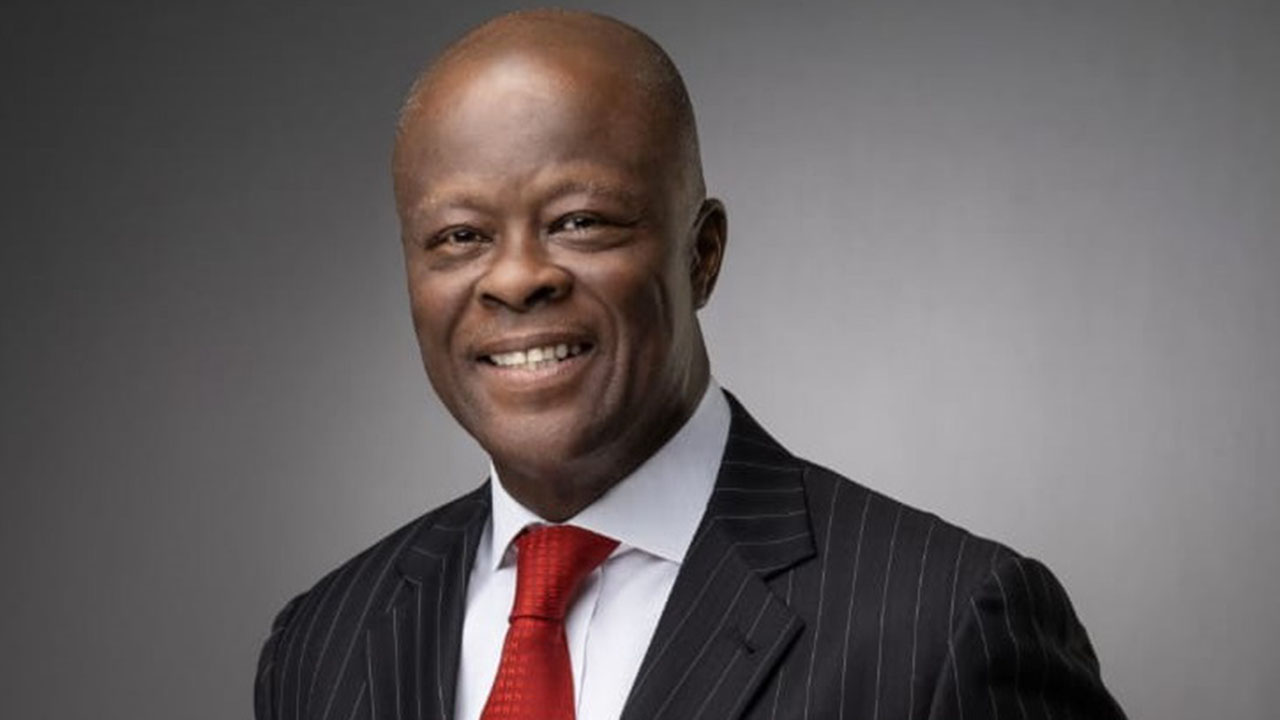Foreign reserves rally $2.35bn in 7 months – FG
The Minister of Finance and Coordinating Minister of the Economy, Wale Edun, Thursday disclosed that the country has achieved steady improvement in boosting the foreign reserves with about $2.35bn recorded in the last seven months. He also hinted that the country is positioned to achieve a better Gross Domestic Product (GDP) result, higher than Ghana’s […]

Minister of Finance and Coordinating Minister of Economy, Wale Edun
The Minister of Finance and Coordinating Minister of the Economy, Wale Edun, Thursday disclosed that the country has achieved steady improvement in boosting the foreign reserves with about $2.35bn recorded in the last seven months.
He also hinted that the country is positioned to achieve a better Gross Domestic Product (GDP) result, higher than Ghana’s 6.9 per cent recorded at the end of the second quarter of the year.
He spoke in Lagos during the Access Bank Annual Corporate Forum, which brought together key stakeholders in the financial sector.
The theme of the forum was “Nigeria’s Economic Rebirth: Hopes and Implications.”
- FCT tremor: Invest more in early warning systems, expert urges FG
- Sugar masterplan targets $5bn investments – NSDC
Edun observed that the increase in foreign reserves has contributed significantly to the stability of the naira.
Daily Trust reports that as of July 2024, Nigeria’s external reserves have hit $34.66 billion.
According to Edun, the steady rise in the reserves had boosted liquidity in the foreign exchange market.
“We’ve seen a gradual elimination of multiple exchange rates,” he said, adding, “We also have foreign exchange liquidity. The gross reserves are up. There have been net inflows in the first seven months of this year of about $2.35 billion every month”.
The minister while responding to a financial expert, Bismarck Rewane’s 3.5 per cent annual projection for Nigeria’s GDP by 2026, disagreed, during the panel session saying, “Let me start, if I can, by responding a little bit to what Bismarck Rewane had said. So he said, in 2026, 3.5% per annum GDP growth, that won’t do, that is not our objective at all.
“We are looking for rapid, sustained inclusive growth, and yes, it would be above population growth, which is about 2.2% so it needs progress, but not at the speed that we need to go,” he said.
He highlighted increasing oil revenue, domestic investors and foreign direct investment as the sources of liquidity that would stabilize the country’s economy, saying there is a commitment to increase oil production to 2m barrels per day from the present 1.7m.
“The first source is increased oil revenue. The next source is the domestic investors. The next source is foreign direct investment.”
Earlier, Rewane, while projecting Nigeria’s economic outlook in 2026, predicted that Nigeria would become the second largest economy in Sub Saharan Africa.
He stressed that the Nigerian Market cap is expected to double its current size of N55trn by 2026, adding Dangote Refinery would be quoted on the stock exchange.
Chairman of the Presidential Committee on Fiscal Policy and Tax Reforms, Taiwo Oyedele, said the government is committed to eradicate multiplicity of taxes.
He said the committee set up by President Bola Tinubu on assumption of office had discovered over 60 official taxes and 200 unofficial taxes, lamenting that the government only generates revenue from less than 10 taxes.
He stated that for instance, a truck driver spends more than N450,000 as levies to transport food items from the northern part of the country to the south, saying this must stop.
“We have over sixty official taxes. Unofficially, we counted more than 200 taxes. Like the minister of finance said, more than percent of our revenues from taxes come from less than 10 taxes. Why do we have over 200? That’s insane.”
Access Bank CEO, Roosevelt Ogbonna said the forum was geared at stimulating a mindset shift in business owners to start taking advantage of the opportunities.
“This year, we have had conservations over the last 13 months, which has been a lot of negativity.
